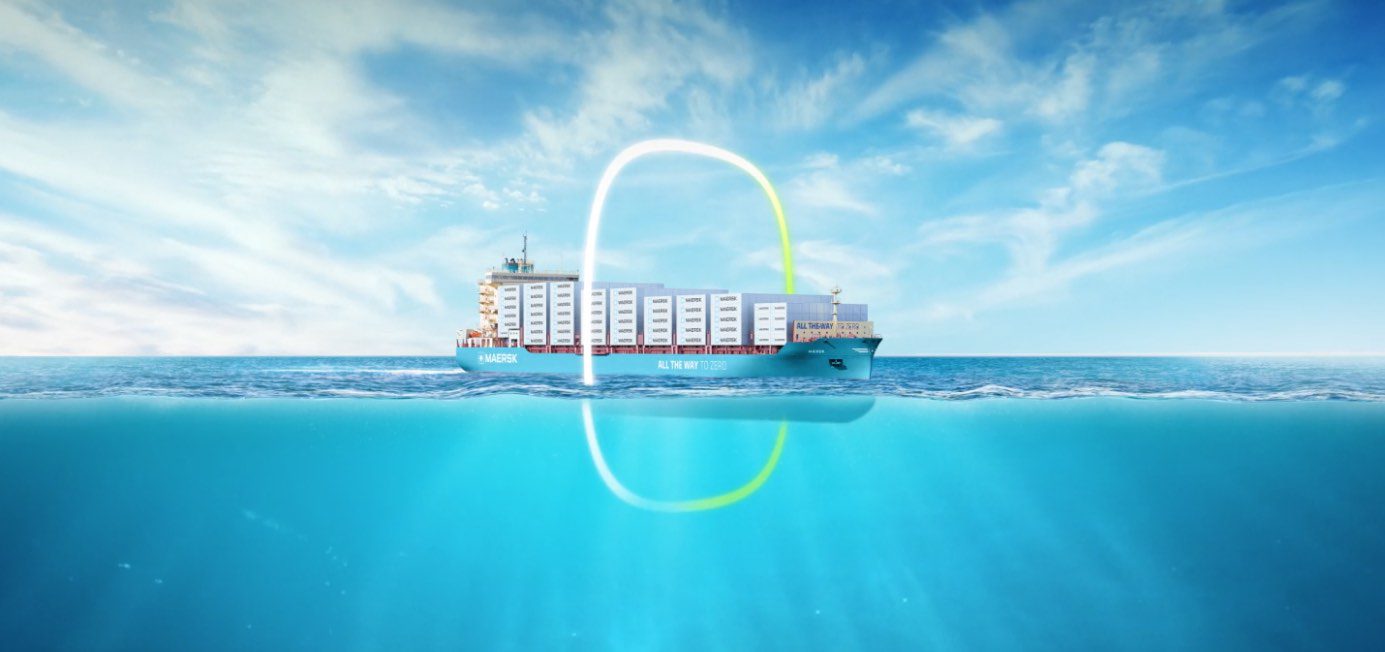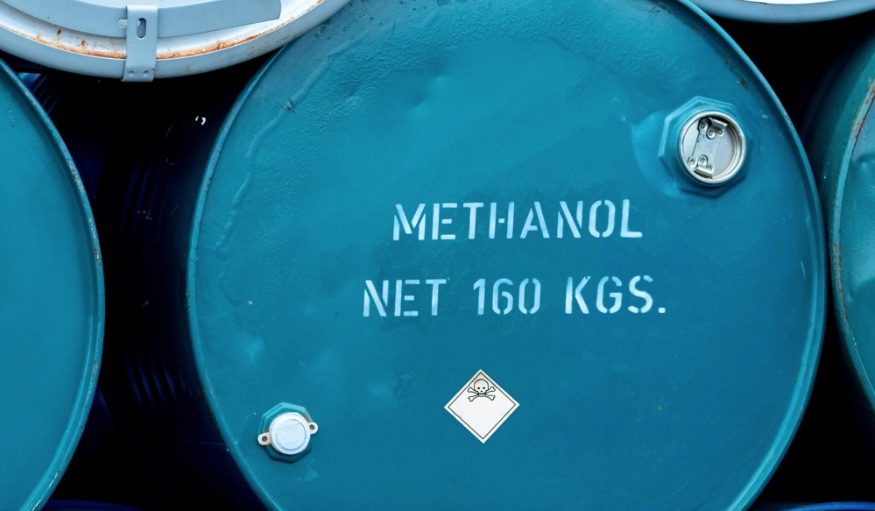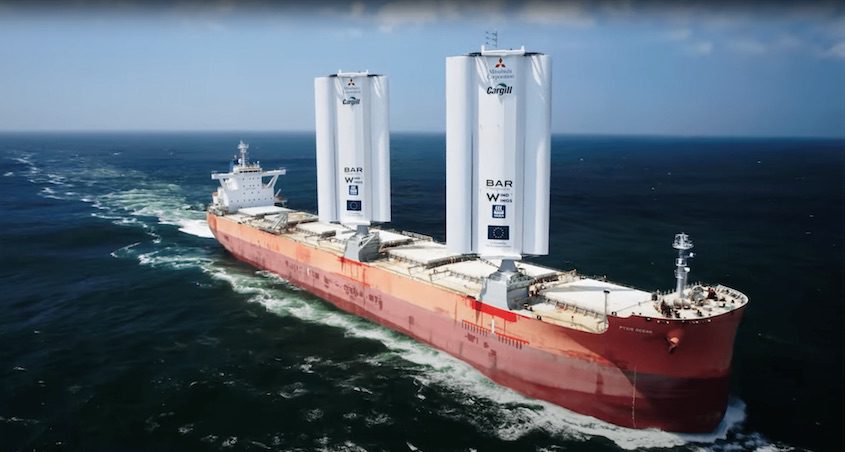28 November 2024
Containership construction process of the new methanol-powered boxship

Maersk readies to christen the world’s first methanol-powered containership on Thursday in Copenhagen. The company has shared footage of the new containership construction process.
Table of Contents
Containership Construction
The containership construction of the cutting-edge 2,100 TEU vessel, powered by green methanol, and classed by ABS was launched with the steel-cutting ceremony in July 2022.
The video further captures various steps in the containership’s construction, including the keel laying and the intricate assembly of the methanol storage tank and engine, which were a true testament to human ingenuity and dedication.
This time-lapse video captures the herculean endeavor in the shipping industry’s relentless pursuit of innovation in maritime engineering and containership construction.
Maiden Voyage
In July 2023, after the completion of the containership’s construction, this marvel of sustainable shipping embarked on its maiden voyage, setting sail from Ulsan with a grand destination in mind – the christening ceremony scheduled for September 14, 2023, in Copenhagen. Ursula von der Leyen, the president of the European Commission, will be the godmother of A.P. Moller – Maersk’s new feeder vessel.
The 2,100 TEU boxship made a stop in the Port of Rotterdam at the end of August, for the final bunkering operation on the ship’s pioneering maiden voyage, having sailed along one of the world’s busiest shipping routes, from Korea, via Singapore and the Suez Canal before reaching Europe.
The containership was refueled with green methanol by OCI Global, taking on OCI HyFuels green methanol for the final leg of its maiden voyage.

New dual-fuel methanol vessel design by Maersk unveiled
Maersk has announced the design details of its next-generation dual-fuel methanol vessel that look remarkably like existing vessels.
Ship Nerd
The 21,500 km trip from Ulsan, South Korea to Copenhagen, Denmark provides real operational experience for Maersk seafarers handling the new engines and using methanol as fuel, as the company prepares to receive a fleet of new, large ocean-going methanol-enabled ships from 2024.
Namely, the feeder will be followed by 24 large ocean-going vessels of 9,000-17,200 TEU capacity which are scheduled for delivery in 2024 and 2027.
The Danish-flagged 172-meter-long vessel is a key milestone for Maersk’s plans to achieve net zero greenhouse gas emissions in 2040 across the entire business.
Moving forward, the ship will receive green methanol from Equinor in the port of Rotterdam until European Energy starts producing e-methanol from its new plant, which is set to be commissioned in the second half of 2024.
Source: Maersk
See Also
A new report from Lloyd’s Register (LR) has identified that the main challenges for the industry’s adoption of methanol are investment and community readiness, with the fuel’s technology feasibility continuing to grow through renewable production.
Fuel for Thought: Methanol found that technology for methanol usage as a marine fuel is feasible, available, and mature in certain cases. Most engine makers will have dual-fuel engine models in the near term and there is significant evidence of interest from shipowners. By 2030 it is estimated that methanol could account for 20% of the vessel order book.
Whilst community readiness is lower than technology readiness for methanol, the study shows that this is growing, with the industry drawing on the experience of transporting methanol as a cargo and its use as a fuel over the last decade. Safe bunkering guidance has been written and has laid the groundwork for future international safety requirements and class regulations are in place for new building and retrofit designs to ensure existing safety requirements are met by methanol-powered vessels.

Renewable production can make methanol a viable fuel for 2030
Renewable production is needed to overcome the pricing, availability, and carbon accounting of methanol as a viable fuel for 2030 energy transition.


